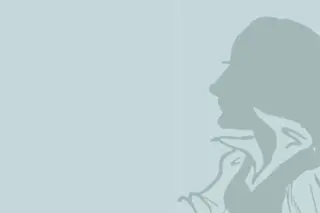It’s Ada Lovelace Day, in which people round the world celebrate the legacy of a legendary woman by “sharing stories of women— whether engineers, scientists, technologists or mathematicians — who have inspired you to become who you are today”.
I’m taking a slightly different tack. I’m sharing the names of women who tell stories – science writers whose work I admire. (If anyone’s wondering, here's the intensely scientific method I used to compile the list: I sat down, wrote names, and stopped when I got to 15) Each name is accompanied with a brief reason why I think they’re awesome and some links to past work. And as I’ve said before, this is not a list of top female science writers; this is an all-female list of top science writers.
Helen Pearson is the last person who’ll tell you this, but she’s one of the most accomplished feature writers around. ...














